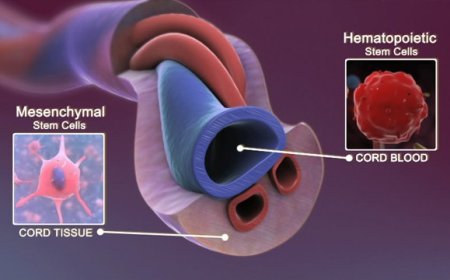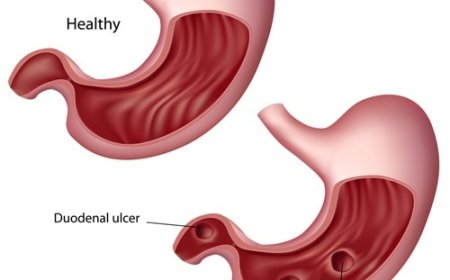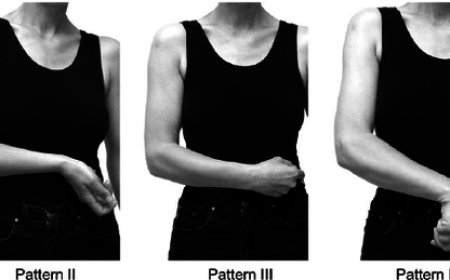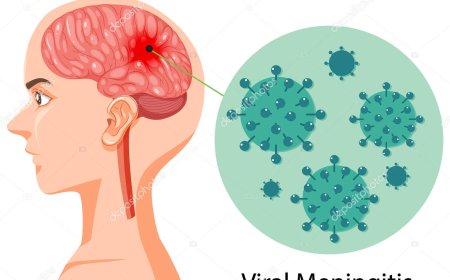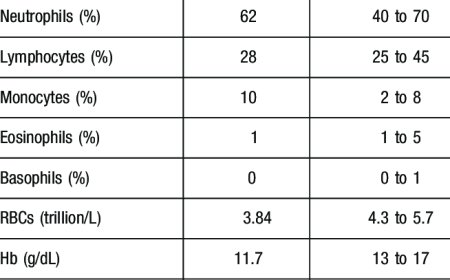Eczema
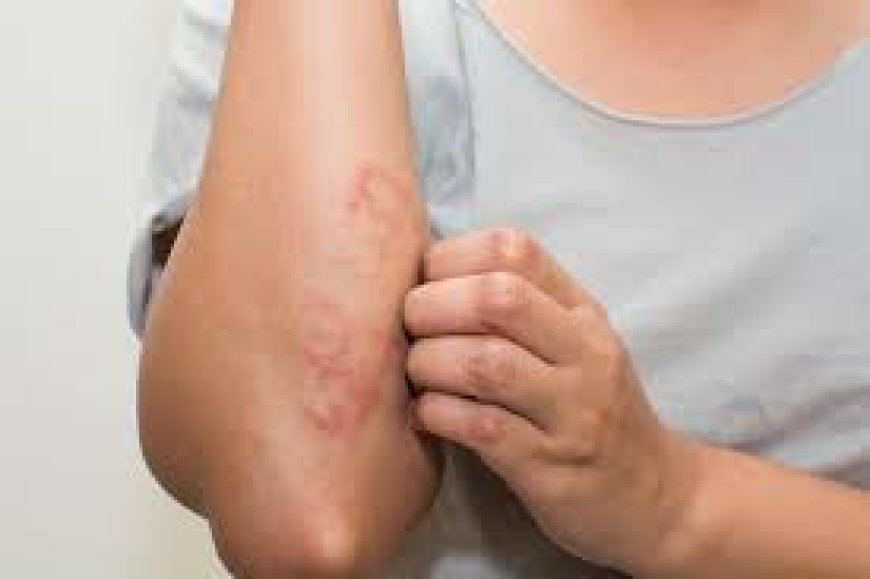
Introduction:
In this article, we'll explore Eczema, a common skin condition that can affect people in India. We'll discuss what Eczema is, its classification, causes, risk factors, types, diagnostic tests, treatments, complications, and prevention techniques, all explained in simple language for our 10-year-old readers.
Sign and Symptoms:
Eczema can be like a little itch monster, causing discomfort on our skin. Some common signs and symptoms of Eczema include:
- Itchy skin, like feeling a tickle that makes us want to scratch.
- Red or inflamed patches on the skin, like having tiny spots that look different from the rest of the skin.
- Dry and scaly skin, like feeling rough and flaky in some areas.
What is Eczema? :
Eczema is a skin condition that makes our skin feel itchy, dry, and sometimes irritated. It's like having a little party on our skin where some uninvited guests are causing trouble.
How Is Eczema Classified? :
Eczema can be classified based on its appearance and location on the body. For example, it could be Atopic Eczema, which often appears on the hands and face, or Contact Dermatitis, which happens when our skin touches something that triggers a reaction.
Causes and Triggers:
Eczema can happen for various reasons, and sometimes it's linked to certain things around us. Some common causes include:
- Allergies: Some people may be allergic to certain foods or things in the environment, and this can trigger Eczema.
- Dry Skin: When our skin gets too dry, it can become more prone to Eczema.
Risk Factors with Examples:
Certain factors can increase the chances of getting Eczema. For example:
- Family History: If someone's parents or siblings have Eczema, they might have a higher risk too.
- Weather: In some parts of India, the weather can get very dry, which can increase the risk of Eczema.
Types of Eczema with Detailing for Each Type:
- Atopic Eczema: This type of Eczema is very common and often happens in children. It can make the skin itchy and red, especially on the face, hands, and elbows.
- Contact Dermatitis: This type of Eczema happens when our skin touches something that triggers a reaction, like certain soaps or chemicals.
Diagnostic Tests and Their Use:
To diagnose Eczema, doctors may look at the skin and ask questions about any allergies or triggers. Some common tests include:
- Skin Prick Test: This test involves putting tiny drops of allergens on the skin to see if there's an allergic reaction.
- Patch Test: This test uses special patches with potential allergens to check for contact dermatitis.
Treatments:
Treating Eczema aims to soothe the skin and reduce itching. Some common treatments are:
- Moisturizers: Using special creams or ointments can keep the skin hydrated and prevent dryness.
- Steroid Creams: Doctors may prescribe creams with steroids to calm down the inflammation and itchiness.
Complications of Eczema:
If Eczema is not managed well, it can lead to skin infections or make the skin condition worse.
Prevention Techniques:
Preventing Eczema involves taking care of our skin and avoiding triggers. Some techniques to keep in mind include:
- Keeping the skin moisturized by using creams or lotions regularly.
- Avoiding scratching the skin, as it can make Eczema worse.
Remember, just like how we take care of our favorite toys and keep them clean, taking care of our skin and using gentle products is essential too! If anyone experiences skin problems or itchiness, it's essential to tell a grown-up and seek medical help for proper evaluation and guidance. With curiosity and self-care, we can embrace every joyful moment in India's beautiful world, having smooth and happy skin!
What's Your Reaction?
 Like
0
Like
0
 Dislike
0
Dislike
0
 Love
0
Love
0
 Funny
0
Funny
0
 Angry
0
Angry
0
 Sad
0
Sad
0
 Wow
0
Wow
0




















































